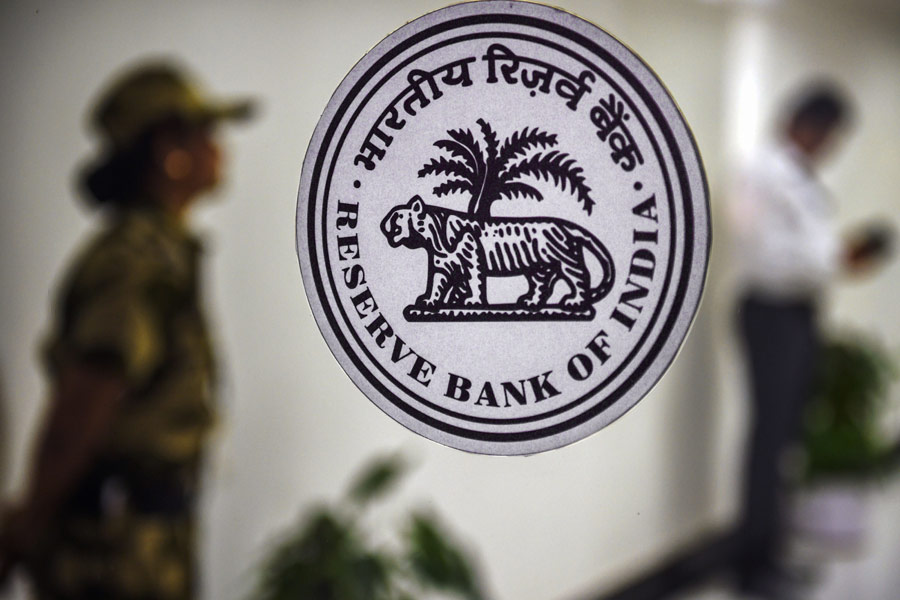The Reserve Bank of India (RBI) on Thursday indicated that it could again tighten rules relating to top-up lending or additional credit given on the basis of a customer’s existing collateral for a loan.
In November 2023, the central bank had mandated that all top-up loans extended by banks against moveable assets which are depreciating in nature should be treated as unsecured loans for credit appraisal, prudential limits and exposure purposes.
``The Reserve Bank will assess the need, if any for additional regulatory interventions to mitigate the identified risks in cases of other top-up loans,’’ the RBI said in its report on Trend and Progress of Banking 2023-24.
The RBI added that the November 2023 direction came as it felt that banks’ practises with regard to top-loans could lead to build up of risks, particularly during times when collateral for such loans become volatile or face cyclical downturns.
According to the regulator, while top-up loans provide additional credit facilities to customers on the strength of their existing collateral like houses, automobiles or gold, many regulated entities (REs) may perceive such secured loans as having lower risk.
``Hence, such additional facilities are often sanctioned with minimal processes and due diligence, with liberal underwriting standards and lax adherence to prudential guidelines on loan-to-value (LTV) ratios, risk weights and without ensuring the end-use of funds,’’ it noted. LTV is the amount of loan given by a lender against the market value of an asset.
The RBI had also tightened norms on unsecured credit such as personal loans and credit card outstandings. The apex bank said that though there has been some moderation in credit growth, delinquency levels and leverage warrant enhanced vigil.
While specific limits have been prescribed for unsecured lending by urban co-operative banks (UCBs), boards of SCBs (scheduled commercial banks) and NBFCs (non-banking finance companies) have discretion in fixing limits on unsecured exposures.
``However, some entities have fixed very high ceilings, which need to be continuously monitored. The RBI expects the boards of REs to show prudence and avoid exuberance in the interest of their own financial health.”
The share of unsecured loans in total credit of SCBs had been increasing since end-March 2015.











